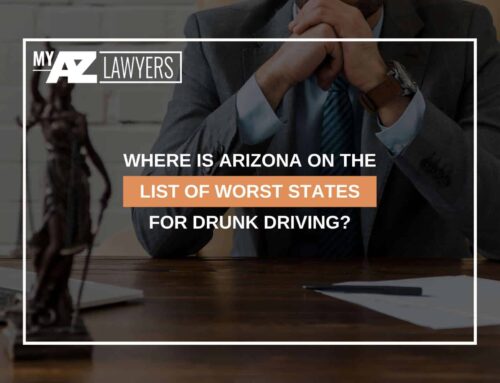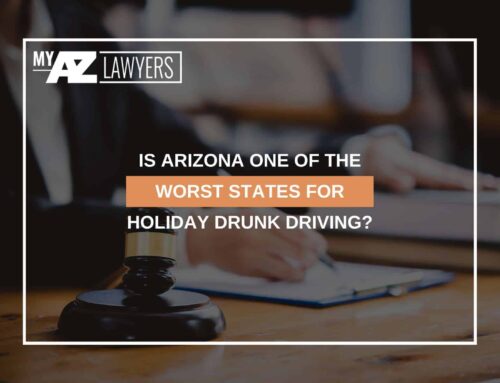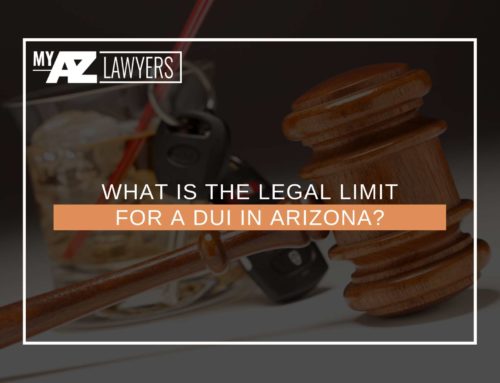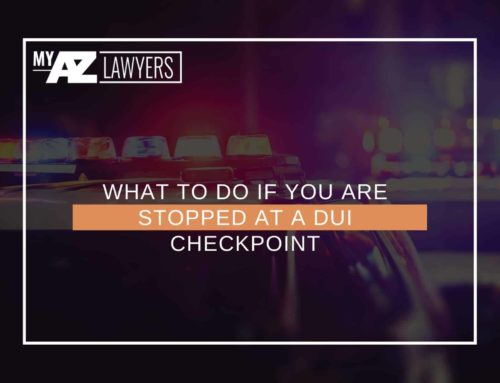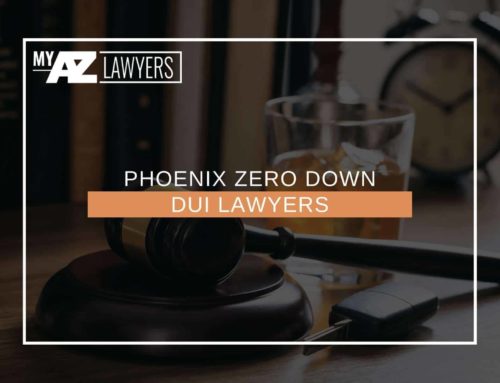Table Of Contents
Drunk Driving Laws In New Jersey vs. Arizona
Guest blog written by Evan M. Levow, Esq.
Evan M. Levow, Esq. is an award-winning New Jersey DWI defense attorney at Levow DWI Law who has been successfully representing drivers arrested on DWI charges in New Jersey for decades. In addition to his dedication to representing his clients, Evan is also committed to giving back by helping educate drivers throughout the country about DUI laws and safe driving practices.
Drunk driving laws may vary widely between states and are dependent on the specific details of your arrest. While the definitions of DUI in Arizona and New Jersey are similar, the penalties for DUI in Arizona are very different from in New Jersey.
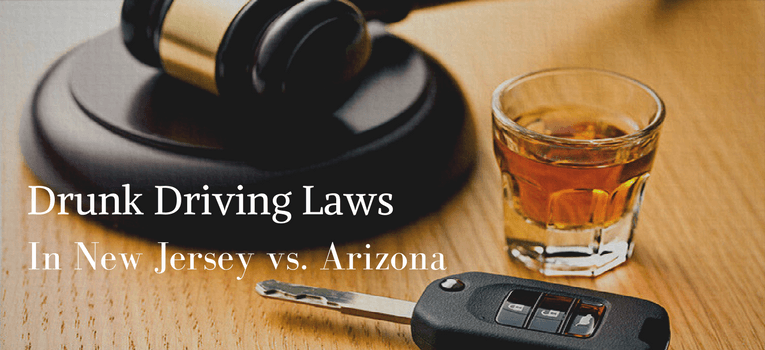
Arizona DUI Definition

According to MADD drunk driving statistics in Arizona last year resulted in 22,367 arrests and a 36 per cent increase from the year before in all total traffic deaths. DUI/DWI penalties will depend on the accident circumstances, however, there is the likelihood of facing jail time, fines, and a driver’s license suspension/revocation among other penalties.
NJ DUI Definition

New Jersey like many other states has an implied consent law that requires you to take a breath test. If a breath is refused, you can be detained, a blood sample may be taken and you will be subject to penalties. Other penalties for a chemical test refusal include losing your license for 7 to 12 months and pay a fine that can total $300 to $500.
DUI and BAC
In both the states of Arizona and New Jersey, DUI is defined as driving with a BAC of 0.08% or greater for non-commercial drivers and 0.04% for commercial drivers. For drivers under the age of 21 in Arizona, there is a zero-tolerance policy while the BAC limit in New Jersey is 0.01%. In addition, in Arizona, the court and the arresting officer have the discretionary privilege to charge you with a DUI, even if your BAC is less than any of the legal limits defined.
Penalties for First Offense, Standard DUI

Penalties for First Offense, Extreme DUI

The Arizona ignition interlock law requires the convicted drunk drivers to use an ignition interlock before gaining back unrestricted driving privileges. The law passed in 2007 is making a difference in the state’s drunk driving deaths.
Common Penalties Across DUI Categories

Penalties for Subsequent Offenses
In Arizona, penalties for subsequent offenses for standard or extreme DUI include 90-120 or more days in jail, $3,000 – $3,250 in fines, and revocation of your driver’s license for 12 months. If you are charged with aggravated DUI in Arizona, defined as committing your third offense of DUI within 7 years, you will face 2 years in jail and lose your license for 12 months.
Subsequent offense penalties in New Jersey are defined by the State of New Jersey Motor Vehicle Commission in two categories. For the second offense within 10 years, you will lose your license for two years, be charged several fees, serve 48 hours – 90 days in prison, and serve 30 days of community service. For the third offense within ten years of the second offense, you will lose your license for ten years, pay several fines, spend 180 days in prison, and serve up to 90 days of community service. For both categories, you will be required to participate in IDRC education and have an IID during license suspension and up to 3 years following license restoration.

